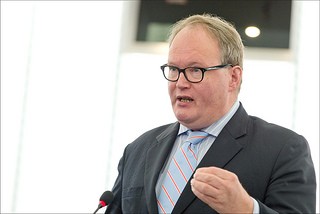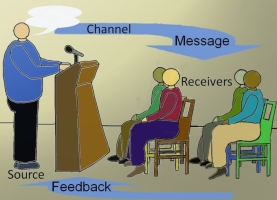How many times have you been tempted to play “Buzzword Bingo” in a business meeting?
What? You don’t know how to play Buzzword Bingo? Well, let me explain it quickly.
Buzzword Bingo, also known as something a little more “earthy”, is a bingo-style game where participants prepare bingo cards with certain buzzwords that they are likely to hear at a meeting or event. They mark them off their game card when they are uttered during an event, such as a meeting or speech. The goal of the game is to mark off a predetermined number of words in a row and then yell “Bingo!” It is generally played in situations where audience members feel that the speaker, in an effort to mask a lack of actual knowledge, is relying too heavily on buzzwords rather than providing relevant details.
An important element of the game is having the courage to actually yell “Bingo!” once you have collected enough marks on your card. In order to avoid the repercussions that could result from doing that in a public setting, participants may resort to looking at one another and silently mouthing the word “Bingo”. An alternate variation requires the person who has achieved bingo to raise his or her hand and use the word “Bingo” within the context of a comment or question.
Consider if you would a couple of thoughts regarding the differences between buzzwords and real leadership.
Buzzwords are a poor substitute for the real content. In fact, that is the key reason that some leaders tend to rely on buzzwords so much. They really don’t have anything of real substance to offer.
Real leadership, on the other hand, offers a vocabulary of meaningful dialog. A leader does not have to have the vocabulary of a Mensa member. But real leaders use words of real substance and they encourage meaningful words of dialog in return.
Click here to read the rest of the article »



















